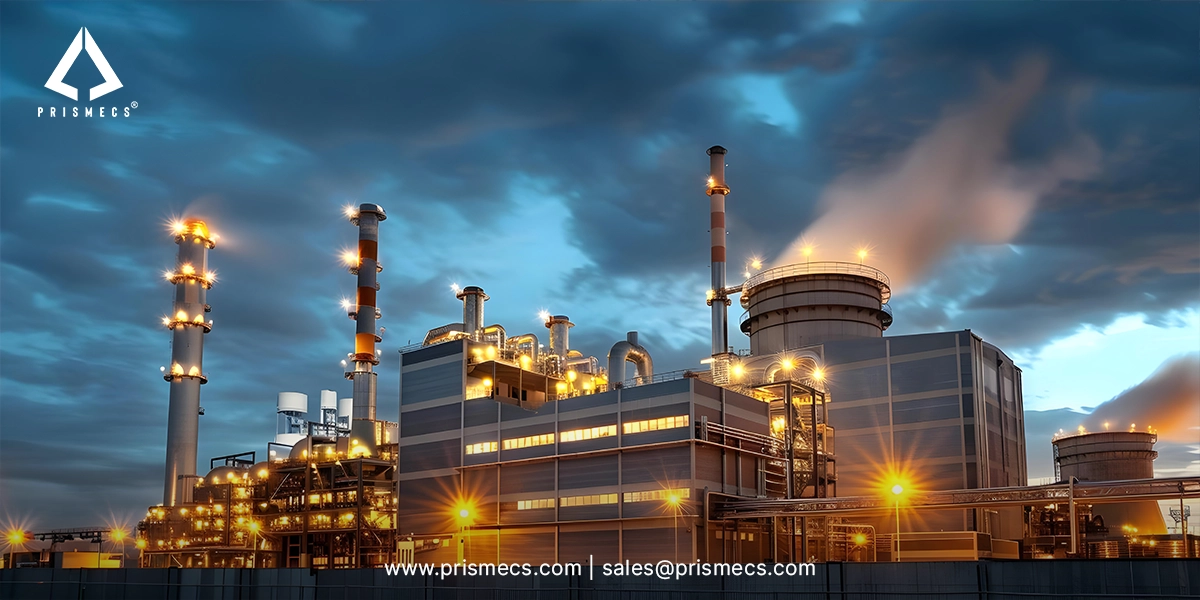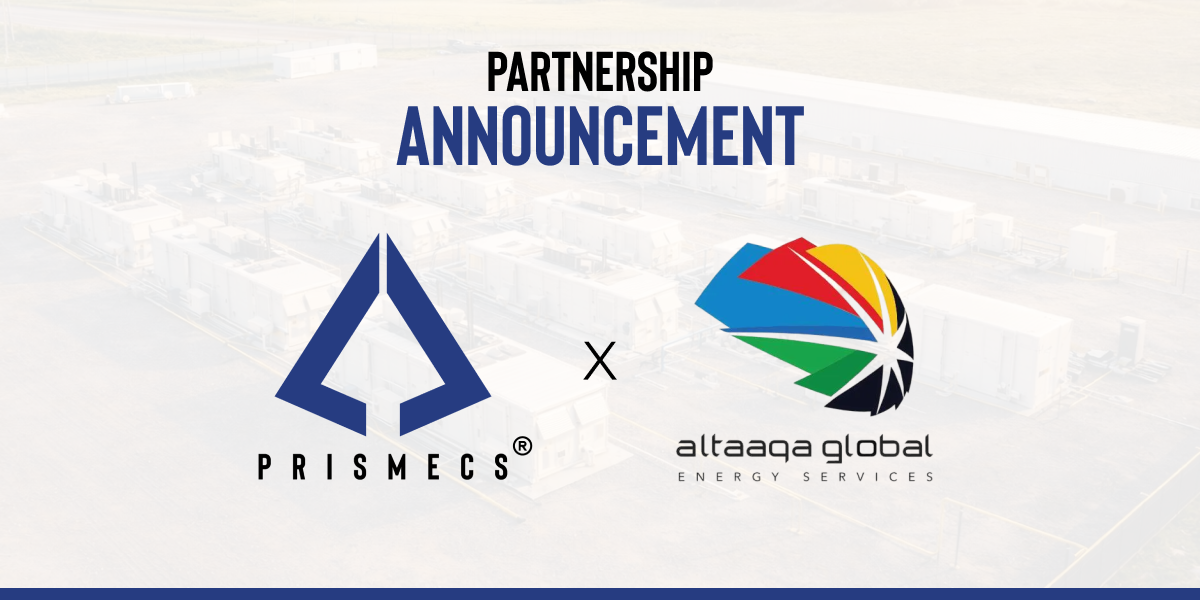
The Engineering, Procurement, and Construction (EPC) sector plays a crucial role in developing global infrastructure projects. From large-scale industrial facilities to critical utility systems, engineering, procurement, and construction contracting shape the future of infrastructure.
As the competitive landscape evolves, construction EPC contracts have become more dynamic. This is especially true with building information modeling (BIM) and lump sum contracts. EPC offers a comprehensive approach. It combines design, procurement, and construction into a single service. Project owners typically rely on a single contractor for all phases of the project.
Key Components of EPC Contracts
A well-structured engineering procurement and construction contract is key to any successful project. This is especially true for infrastructure development across various sectors, including power plants, industrial facilities, and utilities. The agreement defines the framework.
It defines cost, project schedule, and responsibilities, ensuring the project stays on track and within budget. Countries like the United States make this framework even more critical, as they must meet building codes and industry standards.
Essential Elements of an EPC Contract
The following are certain vital aspects of an EPC contract.
Project Scope
The scope of an EPC project encompasses everything from engineering specifications and design details to construction requirements and specifications. A clear scope helps all project stakeholders understand the final deliverable and the required specifications.
Budget and Cost
EPC contracts typically include lump sum agreements, where the contractor fixes the project's cost upfront. This gives the project owner cost certainty, as the EPC contractor assumes financial risk. If costs exceed the budget, the contractor must absorb the extra expenses.
Timeline
Strict timelines are a hallmark of EPC contracts. Authorities typically enforce penalties for delays, ensuring contractors stay motivated to deliver on schedule. In the competitive landscape of EPC projects, maintaining project timelines is key to preserving market share and reputation.
Responsibilities and Liabilities
EPC contracts clearly define the roles, responsibilities, and liabilities of the contractor and the project owner. This includes warranties, maintenance clauses, and liability for defects or damage. These provisions facilitate risk management and ensure the project progresses smoothly.
Role and Responsibilities of an EPC Contractor
EPC contractors serve as the project's orchestrators. They aim to deliver the EPC project with optimum quality. Contractors focus on completing the project on time and within the budget. This compels them to organize engineering procurement and construction contracting activities effectively. Contractors manage employees, subcontractors, and suppliers, and ensure the efficient and timely implementation of necessary tasks.
Engineering
EPC contractors develop detailed engineering plans and designs that transform project requirements into actionable blueprints. This forms the foundation for successful execution, ensuring the project meets both technical and regulatory specifications.
Procurement
Procurement involves sourcing the materials, equipment, and services needed to complete the project. A well-managed procurement process is essential to maintaining the project's budget and schedule.
Contractors must navigate the supply chain in the United States and other regions. They ensure the timely delivery of goods and compliance with local regulations.
Construction
Once procurement is completed, the contractor mobilizes resources to begin the construction phase. We manage labor, equipment, and subcontractors to ensure the project follows the specified plans. Complex projects require a construction manager to coordinate on-site activities. Top-tier contractors handle these tasks efficiently and manage the project from start to finish.
Types of Construction Projects in EPC Engineering
Companies typically employ EPC contracts for complex and high-value construction projects. These projects require careful planning, specialized knowledge, and managing multiple contractors:
Power Plants
From traditional thermal to renewable energy projects, EPC contracts manage design, procurement, and construction efficiently. Integrating Distributed Energy Solutions ensures operational reliability and sustainability.
Industrial Facilities
Large-scale manufacturing, chemical, and petrochemical plants require precision engineering, regulatory compliance, and advanced system integration.
Infrastructure and Utilities
Water treatment, transportation, and energy distribution systems benefit from EPC contracts that streamline project management and risk mitigation.
The Project Lifecycle in EPC
Successfully executing an EPC project requires structured planning across all phases:
Feasibility Study and Planning
Assess site, perform risk analysis, and develop financial models. This ensures informed decision-making before construction. Learn how our Owner’s Engineering Services
support feasibility studies for industrial and energy projects.
Design and Engineering
Transform requirements into detailed engineering plans using BIM and advanced modeling. Our EPC Services ensure precision and compliance with industrial standards.
Procurement
Source materials, equipment, and specialized services efficiently to keep projects on schedule. Prismecs’ Supply Chain Solutions optimize procurement for global and local suppliers.
Construction
Mobilize teams, manage subcontractors, and execute the build phase with strict adherence to design, safety, and quality standards. I&C Services
ensure seamless integration of systems.
Commissioning and Handover
Test and validate systems before transferring ownership. Proper commissioning guarantees operational reliability and long-term performance.
Engineering Procurement and Construction Market Size
The global EPC market is projected to grow from USD 174.34 B in 2025 to USD 297.3 B by 2035, with a CAGR of 5.4%. Infrastructure expansion, industrial modernization, and energy transition drive this growth. Prismecs’ global EPC capabilities position clients to capitalize on these trends, delivering large-scale power and industrial projects with efficiency and reliability.
Benefits of EPC Contracts
EPC contracts offer many advantages to project owners across various industries. They serve as a turnkey project delivery method that combines design, procurement, and construction into one streamlined process. This integration enhances project execution, ensures adherence to safety standards, and facilitates the more efficient management of project risks. The following are some of the key benefits that define the project's success.
Single Point of Responsibility
Owners deal with one general contractor, simplifying coordination and communication among key stakeholders. This project management approach reduces confusion and streamlines the construction process from start to finish. It also ensures accountability, as one party oversees all deliverables and project documentation.
Cost Certainty
With engineering, procurement, and construction contracts, owners enjoy a fixed price agreement with minimal financial uncertainty. This pricing model allows businesses to forecast budgets accurately and avoid unexpected costs during project delivery. The turnkey project nature of EPC contracts ensures that financial control remains consistent throughout each phase.
Schedule Control
Strict deadlines and penalties ensure projects meet project timelines efficiently. EPC contractors often use a Gantt chart to plan each milestone and monitor project execution. This chart tracks progress and helps prevent delays by maintaining a clear view of the overall schedule. As a result, owners gain better control over completion dates and delivery commitments.
Quality Assurance
Contractors implement QA checks throughout all stages of the construction process. They adhere to strict safety standards and quality benchmarks to ensure that every component meets compliance and performance requirements. These steps safeguard project integrity and ensure consistent quality during project delivery.
Reduced Risk
EPC contracts minimize project risks by assigning most legal, technical, and operational responsibilities to the contractor. This helps owners focus on larger project management goals. It also makes sure the project delivery method is reliable and clear. The contractor’s accountability provides greater confidence in achieving successful outcomes.
Simplified Project Lifecycle Management
By overseeing all scopes of work, EPC contractors help ensure the project’s success. Their integrated role encompasses project documentation, design, procurement, and construction processes, resulting in a seamless project lifecycle. This unified management approach enhances communication among key stakeholders, maintains safety and quality, and leads to efficient project execution.
Conclusive Remarks
EPC Engineering is a strategic model for delivering complex infrastructure. It helps with risk management, budget control, and timely execution. With modern technologies and efficient planning, EPC remains essential for long-term success.
Why should you choose Prismecs as a Reliable EPC Engineering Service Provider?
Choose Prismecs for EPC services that support informed decisions and smooth project timelines. From power plants to industrial facilities, our experienced team handles every scope of work with precision.
Call us at +1 (888) 774-7632 or email sales@prismecs.com to get started with a trusted general contractor who can manage the project from concept to completion.
Tags: EPC EPC Engineering EPC Contractor Engineering Procurement and Construction Contract Power Plants EPC Contracts Procurement and Construction EPC Type of Construction Construction Phase Types of Construction EPC Contractor EPC Contracts Construction Projects Engineering Procurement and Construction Contracting
recent posts

O&M Services
13 minutes read
How to Choose Turbine O&M Services That Reduce Downtime
Learn how expert gas turbine maintenance protects uptime on General Electric fleets. See how Prismecs reduces risk and restores megawatts faster. Read...

Power Generation
10 minutes read
How to Maximize Uptime in Power Generation Plants
Discover how Prismecs power plant maintenance helps operators prevent outages, protect revenue, and keep turbines running at peak performance. Learn h...

Renewables
8 minutes read
Opportunities in Renewable Energy Development
Explore Renewable Energy Development strategies focused on grid stability, faster deployment, and resilient power systems with Prismecs. Plan your nex...

Press Release
2 minutes read
Altaaqa Global & Prismecs Form Strategic Cooperation to Accelerate Modular Power Deployment Across USA
Prismecs and Altaaqa Global Announce Strategic Cooperation to Accelerate Modular Power Deployment in the United States Houston, TX & Dubai, UAE – Febr...